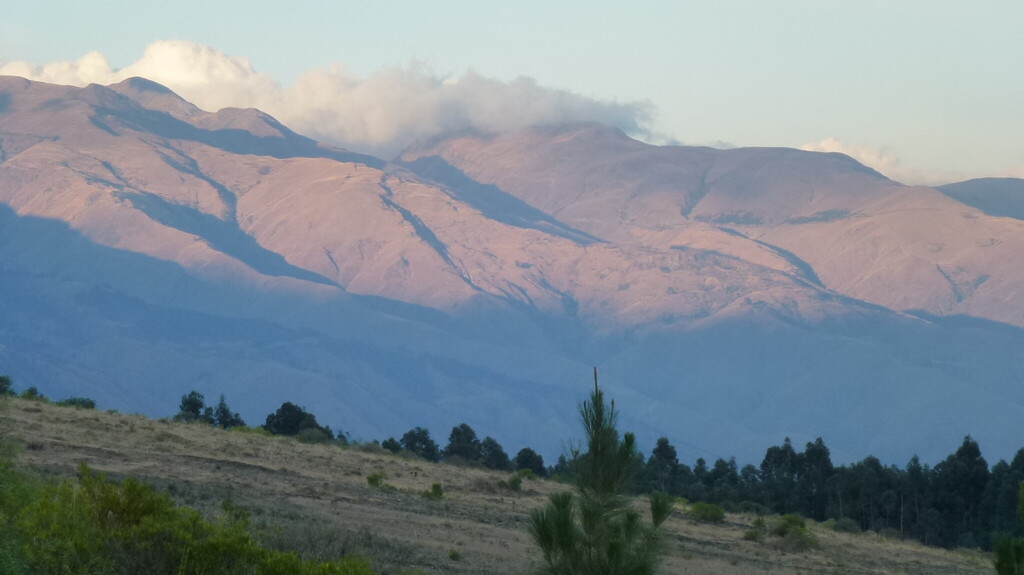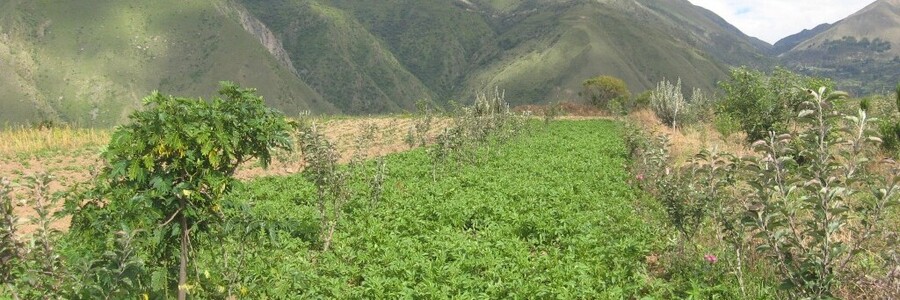High up in the Andes at an altitude of 2,750 meters, many small farming families have their farmland. These border directly on the Tunari National Park and in some cases even protrude into it. For a long time, monocultures and pesticide applications determined agriculture there, but these have increasingly damaged the surrounding nature. Landslides, water shortages and low crop yields were the consequences. A more resource-saving and sustainable method of cultivation was required in order to protect nature and provide the people living there with higher-yielding harvests. For this reason, Naturefund, together with its local partner AGRECOL Andes, has been supporting small farmers in the region since 2014 in converting their agriculture to the innovative cultivation method "dynamic agroforestry". Noemi Stadler Kaulich, our local expert, tells us how this has affected nature and the people.
She tells us that the fruit trees in particular have been a source of enthusiasm, although many small farmers were skeptical about them because they are not native plants. The fruit trees, as well as the companion trees, stabilize and strengthen the soil. Likewise, they help infiltrate rainwater efficiently into the soil. The Dynamic Agroforestry has thus allowed many plants to grow again even in dry soil. The beautiful and fragrant flowers of the fruit trees attract many pollinators, such as bees, which also helps the native plants to pollinate and grow better. Apples are most popular mainly because they are a rarity in Bolivia. At the farmers' markets in the region, small farming families can generate a good income from their apples. The apples are even so popular that word is spreading and other farming families now want to plant apple trees as well.
These positive changes indicate that Dynamic Agroforestry can be a significant improvement for nature and people.
Help us support more families to convert to Dynamic Agroforestry. Donate now!

